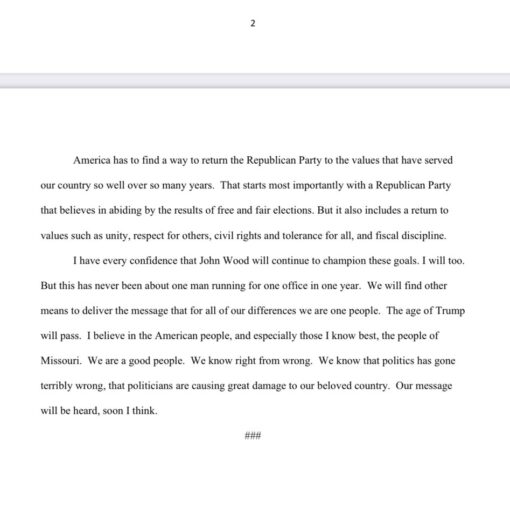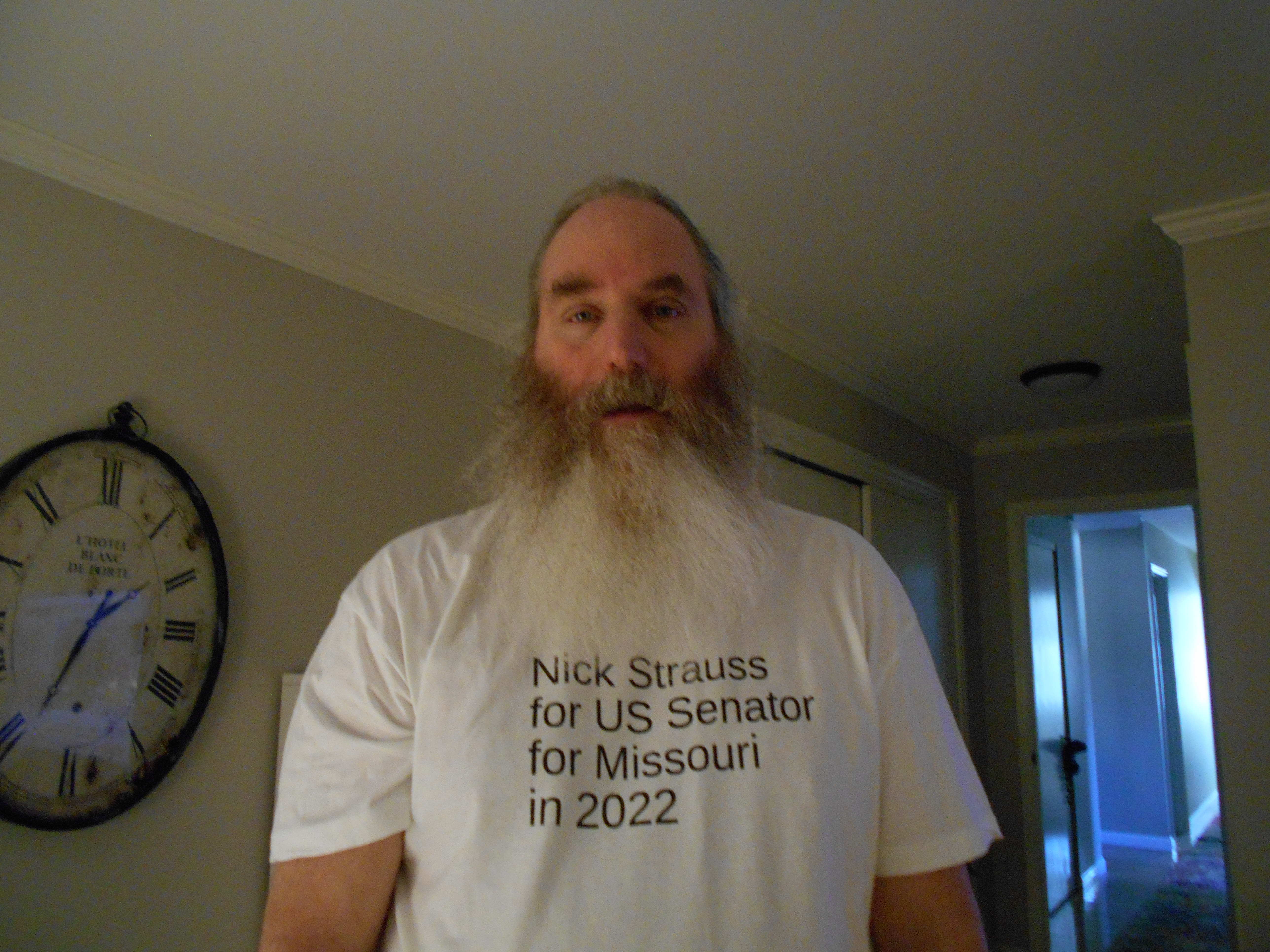Under Article II, section 2 of the Constitution, the Senate must advise and consent to ratification of treaties that have been negotiated and agreed to by the president.
He shall have Power, by and with the Advice and Consent of the Senate, to make Treaties...
The Trump administration, with Donald Trump as President, made an agreement with the Taliban on February 29, 2020. When the new administration came to power, they had this document passed to them by the previous administration. They did not have any wink and nods, or implicit assumptions, or unwritten quid-pro-pos. When I listen to ex-President Trump talk about the Afghanistan debacle, he says he had it all under control — and I am sure he did. Same with North Korea, Abraham Accords, and all the other high profile Foreign Policy show cases. But what was written down on paper? Because that’s what the next administration has to work with.
All of these agreements, and accords are not called Treaties. Because of the Constitution. This avoids the imperial President from having to work with the Senate.
Q. Was the “agreement” with the Taliban ever reviewed by the Senate Foreign Relations committee.
A. No.
Q. Was the “accords” in the Abraham Accords ever reviewed by the Senate Foreign Relations committee?
A. I don’t think so.
As Senator, in my first hundred days, I would work to limit the President’s power by strengthening the role of the Senate Foreign Relations Committee and the Senate under Article II, Section 2.
I believe that the Advise and Consent role, gives us opportunity to have much needed review and oversight.
I think we can all agree that what happened in Afghanistan was a debacle.
Here is a link to a Congressional Report, TREATIES AND OTHER INTERNATIONAL AGREEMENTS: THE ROLE OF THE UNITED STATES SENATE It is a bit dated from January 2001, with this interesting quote,
After 1955 the building of commitments through treaties
appeared to halt, and many in Congress expressed concern with
commitments made through executive action…Arms control treaties became the only type of agreement in the political-military field that have been concluded primarily
in treaty form. In this area legislation specified that
agreements be concluded as treaties or authorized by
legislation, and the Senate insisted that most agreements be
submitted as treaties. As a result, arms control treaties have
been the main vehicle in recent years for special Senate
influence on foreign policy.



